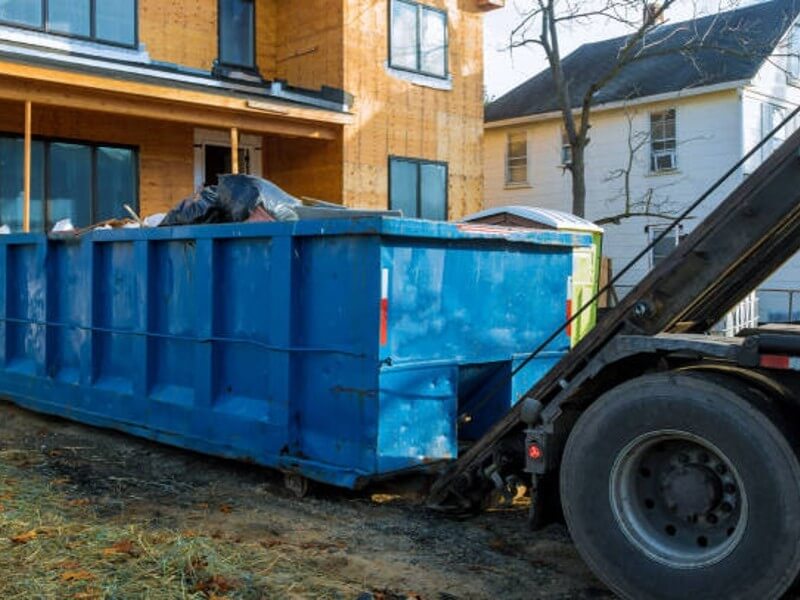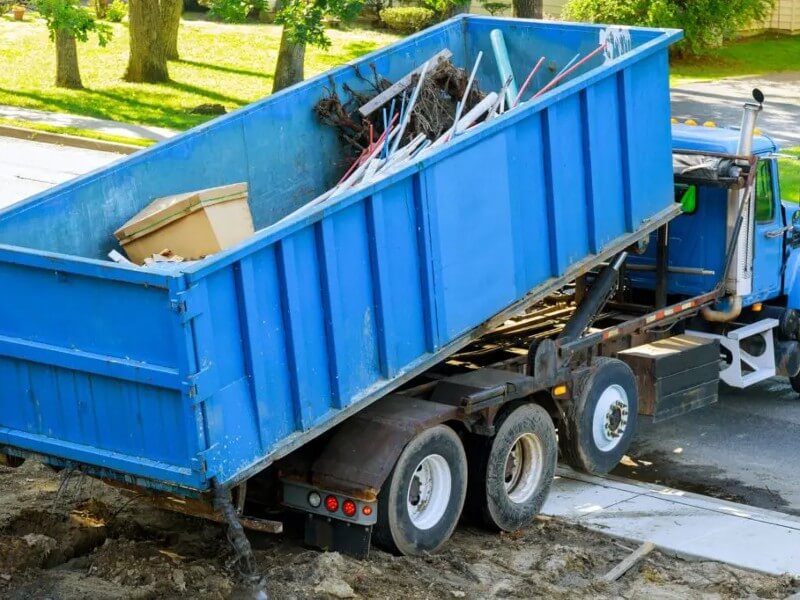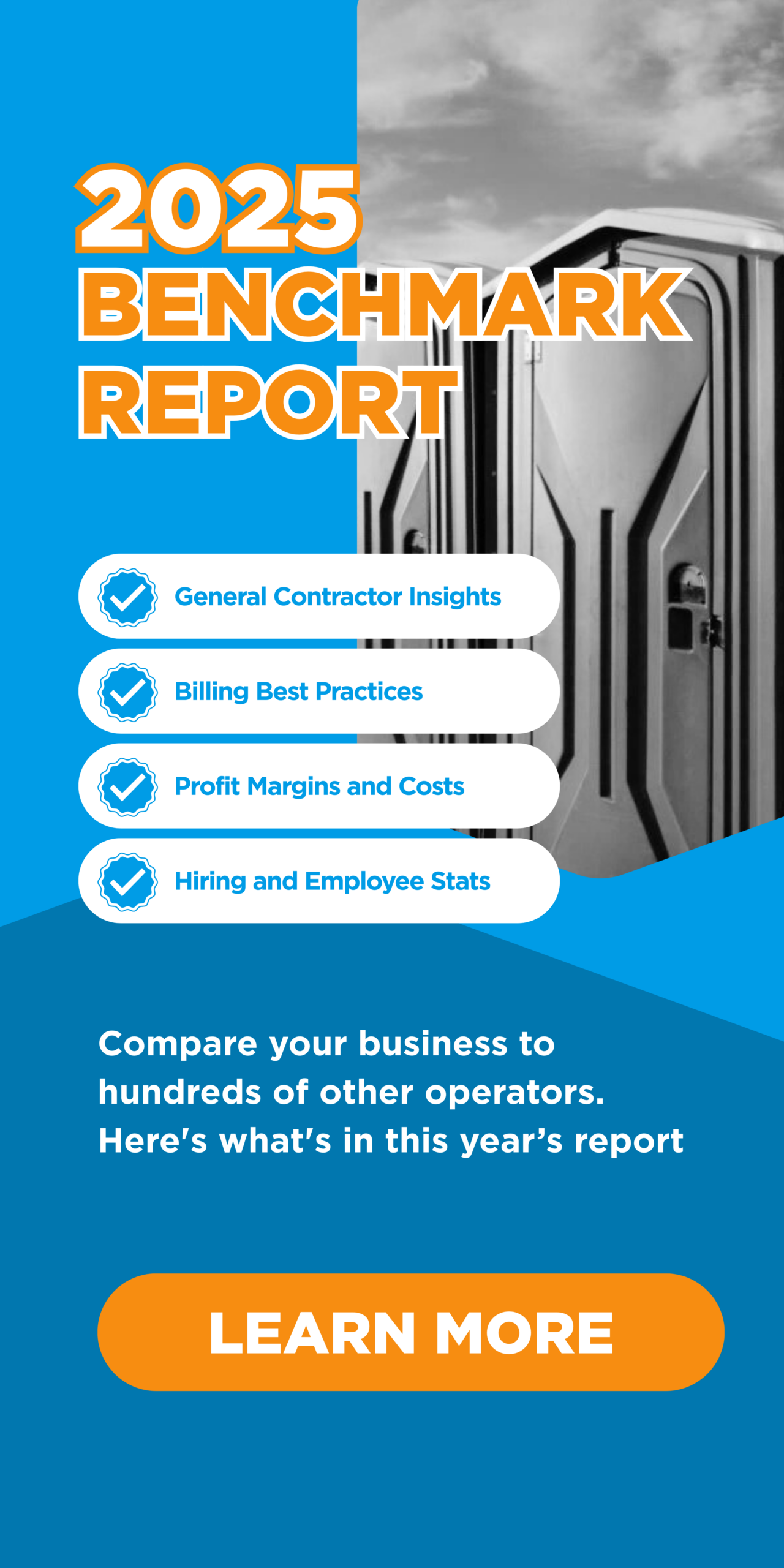Waste Disposal Regulations for the Roll-Off Dumpster Industry
Understanding waste disposal regulations is a cornerstone for any successful roll-off dumpster industry. Ensuring compliance not only avoids hefty penalties but also positions a business as trustworthy and reliable in the eyes of customers.
Why Understanding Waste Disposal is Crucial
- Trustworthiness: Customers seek out businesses they can trust to handle waste responsibly. Knowing the regulations and abiding by them builds this trust.
- Avoiding Penalties: Not following regulations can lead to fines or even a halt in operations. It’s always better, and cheaper, to stay informed and compliant.
Overview of Common Regulations
When learning about roll-off dumpster regulations, it’s essential to recognize that waste disposal regulations might differ from one state to another. Some key areas to be aware of include:
- Types of Waste: Each state might categorize waste differently, leading to variations in disposal methods.
- Transportation Rules: There might be specific rules regarding how waste is transported, especially across state lines.
- Disposal Guidelines: The final resting place of the waste is also governed by regulations, dictating where and how waste can be disposed of.
Operating a roll-off dumpster business in multiple states can seem daunting, especially when juggling varying regulations. However, armed with the right information and a proactive approach, it’s entirely manageable. Keeping things straightforward and sticking to the basics can help any business navigate this terrain without too many bumps along the way.

Types of Waste and Their Specific Regulations
Distinguishing between different types of waste and understanding their associated regulations is paramount for any roll-off dumpster business. Making mistakes here can result in penalties and tarnish your business’s reputation.
Hazardous Waste
Hazardous waste is anything deemed harmful to human health or the environment. For roll-off dumpster businesses, it’s vital to be aware of:
- Identification: Knowing how to identify hazardous waste can prevent illegal disposals.
- Disposal Methods: This type of waste often requires special disposal methods, such as incineration or containment.
Organic Waste
Organic waste mainly consists of biodegradable items, and it has its own set of guidelines:
- Composting: Many states encourage the composting of organic waste. It’s an eco-friendly way to process this type of trash.
- Special Landfills: Some organic waste might need to be disposed of in designated areas, separate from general waste.
General Waste
The most common type of waste encountered, general waste regulations can vary significantly between states:
- Landfill Requirements: Specific rules might dictate which landfills are suitable for certain types of general waste.
- Limitations for Roll-off Dumpsters: Depending on the state, there might be limitations on how much general waste a roll-off dumpster can hold or the duration it can be stored.
For roll-off dumpster businesses, having a grasp on these categories is essential. Not only does it ensure compliance with state regulations, but it also provides an opportunity to educate customers, building trust and reliability. Knowledge is power, and in this business, that knowledge translates to smoother operations and more satisfied customers.
Transporting Waste: Regulations to Be Aware Of
Ensuring waste is transported safely, efficiently, and in compliance with regulations is crucial for a roll-off dumpster business. Transport forms the bridge between collection and disposal, and it’s here that many regulations come into play to ensure environmental safety and public health.
Guidelines for Transporting Waste in Roll-off Dumpsters
Transporting waste may sound straightforward, but there are guidelines to ensure it’s done right:
- Secure Loading: Waste should be loaded securely to prevent spillage during transport. This might include tarping the load or ensuring that the roll-off dumpster isn’t overfilled.
- Weight Restrictions: Different states might have weight limits for vehicles transporting waste. Abiding by these limits can prevent hefty fines and road wear.
Safety Regulations and Best Practices
Keeping roads safe for everyone is a shared responsibility:
- Vehicle Maintenance: Regularly maintained vehicles not only run efficiently but are less prone to accidents. Brake checks, tire inspections, and overall vehicle health should be monitored.
- Driver Training: Ensuring drivers are trained to handle different waste types and are familiar with transportation routes can reduce the risk of mishaps.
The Importance of Documentation during Transportation
Paperwork might seem tedious, but it’s a safeguard:
- Waste Manifests: These documents detail the type and amount of waste being transported. They’re crucial for tracking and accountability.
- License and Permit Verification: Always ensuring that drivers have the necessary licenses and permits for transporting specific waste types can save your business from potential legal issues.
Navigating the maze of transportation regulations might feel overwhelming, but it’s all part and parcel of running a successful roll-off dumpster business. By prioritizing safety, compliance, and documentation, businesses can ensure they’re on the right track, no matter which state they’re operating in.
Disposal Sites and Their Regulations for Roll-Off Dumpsters
Selecting the right disposal site for waste is not just a matter of convenience; it’s a regulatory necessity. Disposal sites are designed to handle specific types of waste, ensuring that harmful substances don’t seep into our environment.
Permitted vs. Unpermitted Disposal Sites
Understanding the difference is critical for a roll-off dumpster business:
- Permitted Sites: These are approved and monitored by regulatory agencies. They adhere to strict guidelines to ensure minimal environmental impact.
- Unpermitted Sites: Using unpermitted sites can lead to severe penalties. They’re not regulated and can pose significant environmental threats.
Special Considerations for Roll-Off Dumpster Businesses
Given the unique nature of roll-off dumpster operations, there are certain points to bear in mind:
- Type of Waste: Ensure the disposal site selected can legally and safely handle the waste your roll-off dumpster carries. Not all sites are equipped for all waste types.
- Disposal Fees: Different sites might have varying fee structures based on the waste type, its quantity, or even the time of disposal.
- Operational Hours: Some disposal sites have strict operational hours. Being aware can help in planning efficient routes and schedules.
In conclusion, something simple like choosing the right disposal site for a roll-off dumpster’s waste isn’t just about following regulations, it can also help reduce costs and improve profit.

Staying Updated: Navigating Roll-Off Dumpster Regulations
In the ever-evolving landscape of waste management, one of the crucial tasks for roll-off dumpster businesses is staying updated with regulatory changes. Roll-off dumpster regulations can vary across states and even within municipalities, so constant vigilance is essential.
Importance of Regular Updates
- Avoiding Penalties: Falling out of compliance, even unintentionally, can result in significant fines or operational halts.
- Enhancing Reputation: Demonstrating knowledge of the latest regulations can position a business as reliable and trustworthy in the eyes of its customers.
Sources of Reliable Information
For roll-off dumpster businesses, several avenues provide updates on regulatory changes:
- Government Websites: Federal, state, and local environmental agencies often post updates and guidelines online.
- Industry Associations: Associations specific to waste management and disposal may offer newsletters, webinars, or seminars to keep businesses informed.
- Networking with Peers: Building relationships with other business owners can offer insights into best practices and alert you to upcoming changes.
In conclusion, staying updated on roll-off dumpster regulations is not just about compliance; it’s a testament to a business’s dedication to excellence, customer service, and environmental responsibility. By prioritizing regular updates, businesses can ensure smooth operations and build lasting trust with their clients.
Frequently Asked Questions (FAQs)
What is the penalty for not adhering to waste disposal regulations with a roll-off dumpster?
Penalties can vary depending on the jurisdiction and the severity of the violation. They can range from fines to potential business license suspensions. Repeated offenses can lead to higher fines and even legal action.
How often do regulations for roll-off dumpsters change?
The frequency of regulatory changes depends on various factors, including environmental concerns, technological advancements, and legislative decisions. While major changes might not be frequent, minor updates and clarifications can occur more regularly. It’s essential to keep a close eye on local, state, and federal announcements.
Are there specific licenses required for roll-off dumpsters dealing with hazardous waste?
Yes, handling hazardous waste typically requires specialized licenses. These licenses ensure that the business adheres to safety protocols to prevent environmental contamination and protect public health. The exact requirements can vary by state or country, so consulting local authorities is advised.
How do recycling regulations impact roll-off dumpster businesses directly?
Recycling regulations can affect roll-off dumpster businesses in several ways. They might mandate recycling certain materials, leading to potential savings on disposal fees. However, they can also mean added sorting and handling processes, which might necessitate investments in training or equipment. On the positive side, adhering to recycling mandates can enhance a business’s reputation as environmentally conscious.
What is the best way for a roll-off dumpster business owner to stay informed about changing regulations?
Staying informed requires a proactive approach. Regularly checking government websites, subscribing to industry newsletters, attending seminars or webinars, and networking with peers in the industry can provide timely insights. It’s also beneficial to maintain open lines of communication with local regulatory bodies.



